
José Soares dos Santos outside the Lisbon Oceanarium
Through his Oceano Azul Foundation and game-changing Oceanário de Lisboa, Portuguese business leader and activist José Soares dos Santos is one of the foremost forces in Europe driving ocean conservation. LUX meets him to find out how he inspires politicians and his fellow philanthropists, business leaders and scientists to create a more sustainable future. By Andrew Saunders
DEUTSCHE BANK WEALTH MANAGEMENT x LUX
We have a responsibility to look after the oceans better, because the oceans look after us. That, in a nutshell, is the reason marine biologist and lifelong ocean-conservation activist José Soares dos Santos established the Oceano Azul Foundation in Lisbon, aiming to look at sustainability “from the ocean’s point of view”, as the foundation’s motto has it.
Follow LUX on Instagram: luxthemagazine
Whether it is the huge volumes of plastic that threaten marine life of all kinds, unsustainable fishing or the dangers of climate change-related ocean warming and acidification, dos Santos believes the marine environment is under pressure like never before. However, the crisis does not get the international attention and action that it deserves; it is time for businesses, investors, society and science to get together and spread the word.
“The fact is that the planet is a system, and if we don’t take care of the system there will be no businesses, no families and no proper life as we know it,” he says. “This is a responsibility we have and we had better do something about it.”

The central aquarium at Lisbon Oceanarium. Image by Pedro Pina
As executive director of one of Portugal’s largest and most successful business groups – whose Jerónimo Martins food distribution and retail business, chaired by his brother Pedro Soares dos Santos, had approximately €19bn in sales in 2019, with 115,000 employees and more than 4,400 stores – he used his commercial nous and network plus his marine biology training to bring together a group of experts, academics and businesses in 2014 to set up the Oceano Azul Foundation.
Read more: OceanX founders Ray & Mark Dalio on ocean awareness
“Together with my brother, we are at the head of our family group. We are the fourth generation of a very hard-working family,” dos Santos explains.“We have capital to deploy and we can call in interesting people with very good information. We have the means, and we also believe that we have the obligation to act.”
Why focus on the ocean? Portugal does of course have a long and illustrious maritime heritage, but dos Santos is motivated by his concern that the public lacks an awareness of the vital role that oceans play in sustaining life on earth. Even though the oceans cover 70 per cent of the world’s surface, the threats they are facing are poorly understood outside the scientific community. “We are talking about the oceans because there is a lot of curiosity about them. People often ask me questions about the oceans, but I am extremely surprised how little people know about them.”

King Philippe of Belgium and Queen Mathilde at the Oceanarium during their official visit to Portugal, 2018. Image by João Maria Catarino
Dos Santos points out that the oceans are not only home to 15 per cent of all known living species, but also produce over half of all the world’s oxygen, and, in the long term, has the capacity to absorb 50 times more carbon dioxide than the atmosphere. They also act as a massive heat sink to slow down the impact of global warming. They are an important source of food, resources and jobs – the OECD estimates that the blue economy could be worth $3 trillion by 2030, double its 2010 value. Human beings may live on land, but we are highly dependent on healthy, productive and sustainable oceans to enable us to do so.
Hence the foundation’s successful initiative, RISE UP – A Blue Call to Action. This is a joint initiative involving everyone from local fishing communities, foundations, indigenous people’s organisations and conservation groups, such as Ocean Unite and Environmental Defense Fund. Its campaign agenda was launched in May 2019 and presented to UN Secretary General António Guterres in February this year.

José Soares dos Santos announcing the donation of nautical equipment to the Portuguese National School Sports network by the Oceano Azul Foundation, 2019
Dos Santos was determined that the Oceano Azul Foundation would not be just another politically motivated pressure group pursuing its own narrow agenda, but instead a collaborative platform uniting marine conservationists, science, academia, business and society, as the collaborative and partnership-based RISE UP campaign, with over 400 organisations signed on in support. “We must keep science inside the foundation,” he says, “because we are not politicians and we cannot drift into politics. If we do that, we will be exactly the same as many other foundations and pressure groups. The world needs something different, not just another one of those.”
In particular, his view on the primacy of business and private investment in building a strong and self-sufficient culture of ocean stewardship marks out the Oceano Azul approach to sustainability as something out of the ordinary. “Our philosophy is not to donate money but to invest it. We believe that it is very important to take care of the planet but that we shouldn’t just give all that responsibility to the government.” He continues, “I find it very hypocritical when people say it is up to the government to change things. No! We elect the government, and we should say what we want.”
Read more: Nadezda Foundation’s Nadya Abela on running a children’s charity
Oceano Azul has also teamed up with the Calouste Gulbenkian Foundation to develop the Blue Bio Value business programme, an accelerator scheme to help new and sustainable blue-economy business ideas to grow faster and more effectively. A vibrant blue economy provides jobs and generates returns that can in turn be used to protect the ocean environment. “We believe in investing to create jobs, create value and to create social value,” he points out.
The programme, now in its third year, helps innovative marine biology-based businesses to scale up. Applicants undergo a rigorous due-diligence process that can lead to a prize corresponding to €45,000 awarded to the best start-up or start-ups, as well as access to coaching and mentoring services and valuable business networking opportunities. So far, 28 businesses from 15 countries have benefitted from the programme, ranging from Biosolvit, a specialist in offshore clean-up materials made from discarded biomass, to sustainable aquaculture engineering start-up SEAentia.

The Lisbon Oceanarium studies vulnerable and endangered ocean-dwelling species, including birds such as this Atlantic puffin. Image by Pedro Pina
At the heart of dos Santos’s mission to provide better information and education about the role of the ocean in maintaining a healthy planet lies the Oceanário de Lisboa. The newly refurbished facility is the largest indoor oceanarium in Europe and one of the city’s major attractions. Home to large collections of marine life, it had 1.4 million visitors in 2019.
“The Oceanário de Lisboa is at the heart of what we do,” he explains. “People go there and the effect on them is fantastic. They can see that below the surface of the water, the ocean is a place full of life that we have a responsibility to protect.”
Read more: British artist Petroc Sesti on his nature-inspired artworks
When he is not chairing the Oceano Azul Foundation, dos Santos is heavily involved in the family business. It’s no surprise that he is a staunch advocate of the ability of business owners to move the dial on ocean sustainability. “Business owners can change this,” he says. “I am a great believer in owners because they have a longer term perspective than financial markets.” He is at pains to point out that while he fully appreciates the importance of the financial markets, he is also aware that the long-term view required for sustainability can be at odds with short-term market expectations of publicly owned companies. “You need courage to do this; it’s not always good for your short-term share price,” he says.

José Soares dos Santos with the UN Secretary-General António Guterres at the opening of an exhibition at the Oceanarium, 2020. Image by Pedro Pina
As an example, he cites his family’s decision to remove all plastic from its businesses’ supply chains. “This is a huge transformation. It will cost a lot and take many years.” A publicly owned firm would struggle not only with the complexities of executing such a decision, but also with shareholders and hedge funds that prioritise short-term profitability. Consequently, such businesses may want to do the right thing, but be unable to follow through, he says.
By contrast, successful privately held family businesses are often built on long-term investment strategies. They appreciate the win-win of sustainable investing, but in turn often lack good quality information about what to invest in. This, too, is where the Oceano Azul Foundation has a role to play. “When we talk to owners, we can see they are worried. But they often do not know what to do. This is the bridge we have to cross – I can go out there and explain the issue, but I also have to provide the instruments.”
Read more: Marine biologist Douglas McCauley on environmental philanthropy
Creating the right framework for sustainable blue economy investment is thus crucial, he says, and the Oceano Azul Foundation’s Blue Azores programme is a model for how this can be achieved. The Azores, an autonomous region of Portugal, is an Atlantic archipelago that is home to some highly diverse and under-pressure marine environments and ecosystems. In partnership with the Regional Government of the Azores and Waitt Foundation, the Foundation has run two scientific research expeditions, the result of which was the February 2019 signing of a memorandum of understanding for both the conservation of those environments and the sustainable development of resources and fisheries within the area.
As a result of the memorandum, 15 per cent of the Azores Exclusive Economic Zone will be designated as marine fully protected areas, with comprehensive plans for the sustainable development of resources and fisheries within the zone – in line with the UN’s 2030 sustainable development goals, among others – to follow.

The Oceanarium building, designed by Peter Chermayeff in 1998. Image by Pedro Pina
Blue Azores is a great example of what can be achieved through a marriage of government, society and business investment, says dos Santos. “The Azores government has an outstanding leader who appreciates the need to take political decisions that will go beyond his term of office. It makes the Azores a very good place to invest, because there are programmes there that you can measure, and you can see making a difference. They will be good for the fishing industry, but also for the preservation of the oceans.”
It’s precisely that kind of win-win that dos Santos believes is key to building a stronger, better understood and more resilient approach to marine conservation and development. It’s a big job, but he has faith that it can be done – and more quickly than you might expect. “I am a great believer in humankind – given the right circumstances, we are capable of achieving extraordinary things and really making a difference to the planet.”
Lisbon Oceanarium
Opened in 1998 and designed by architect Peter Chermayeff, who also conceived the design for the Osaka Oceanarium, the spectacular Oceanário de Lisboa is home to some 16,000 marine organisms representing 450 species from across the globe. The attraction’s centrepiece is a vast tank containing five million litres of sea water, in which approximately 100 species – including sharks, rays and a giant sunfish – swim in near-ocean conditions.
The Oceanario is also the base for dedicated teams of experts in education and ocean conservation, including more than 30 highly qualified marine biologists. Its educational outreach programmes reach more than 100,000 school children every year.
Find out more: oceanoazulfoundation.org
This article originally appeared in the LUX x Deutsche Bank Wealth Management Blue Economy Special in the Autumn/Winter 2020/2021 Issue.

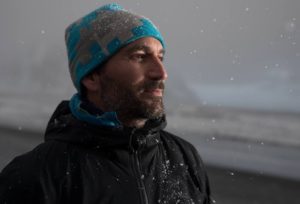 1. What inspired you to become a photographer, particularly in the polar regions?
1. What inspired you to become a photographer, particularly in the polar regions?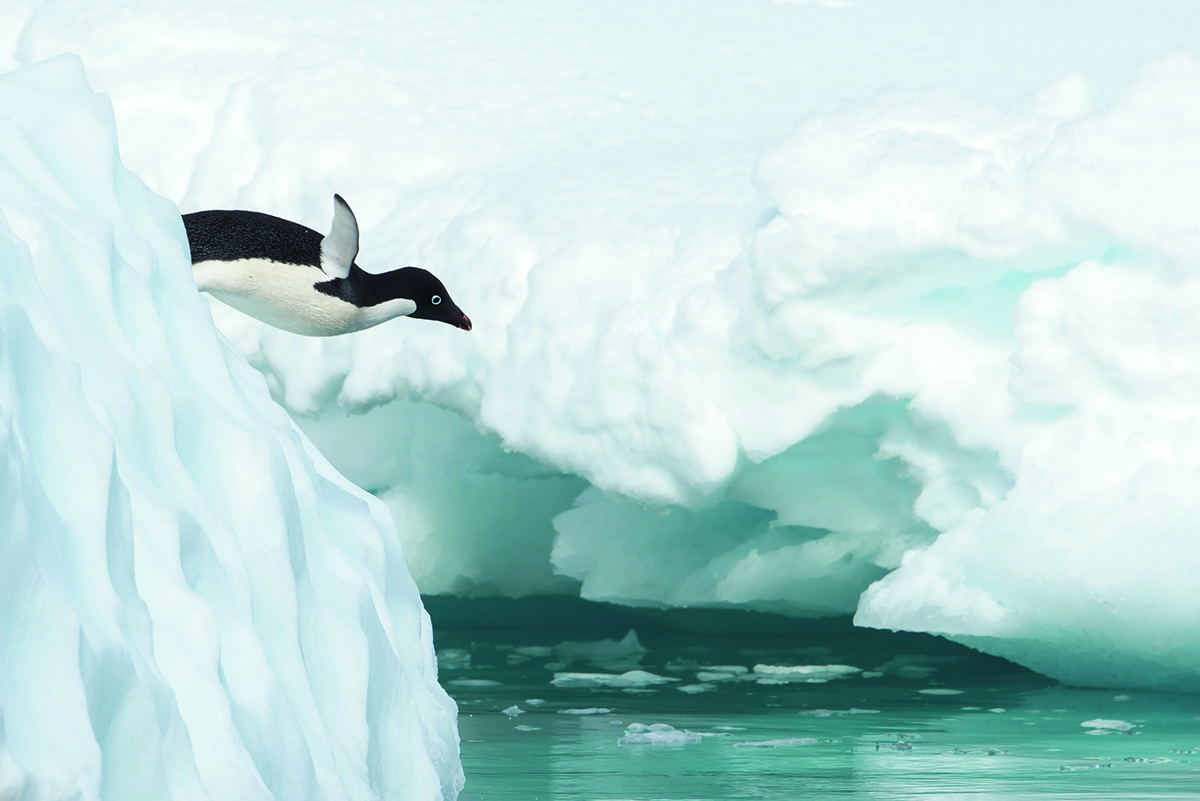












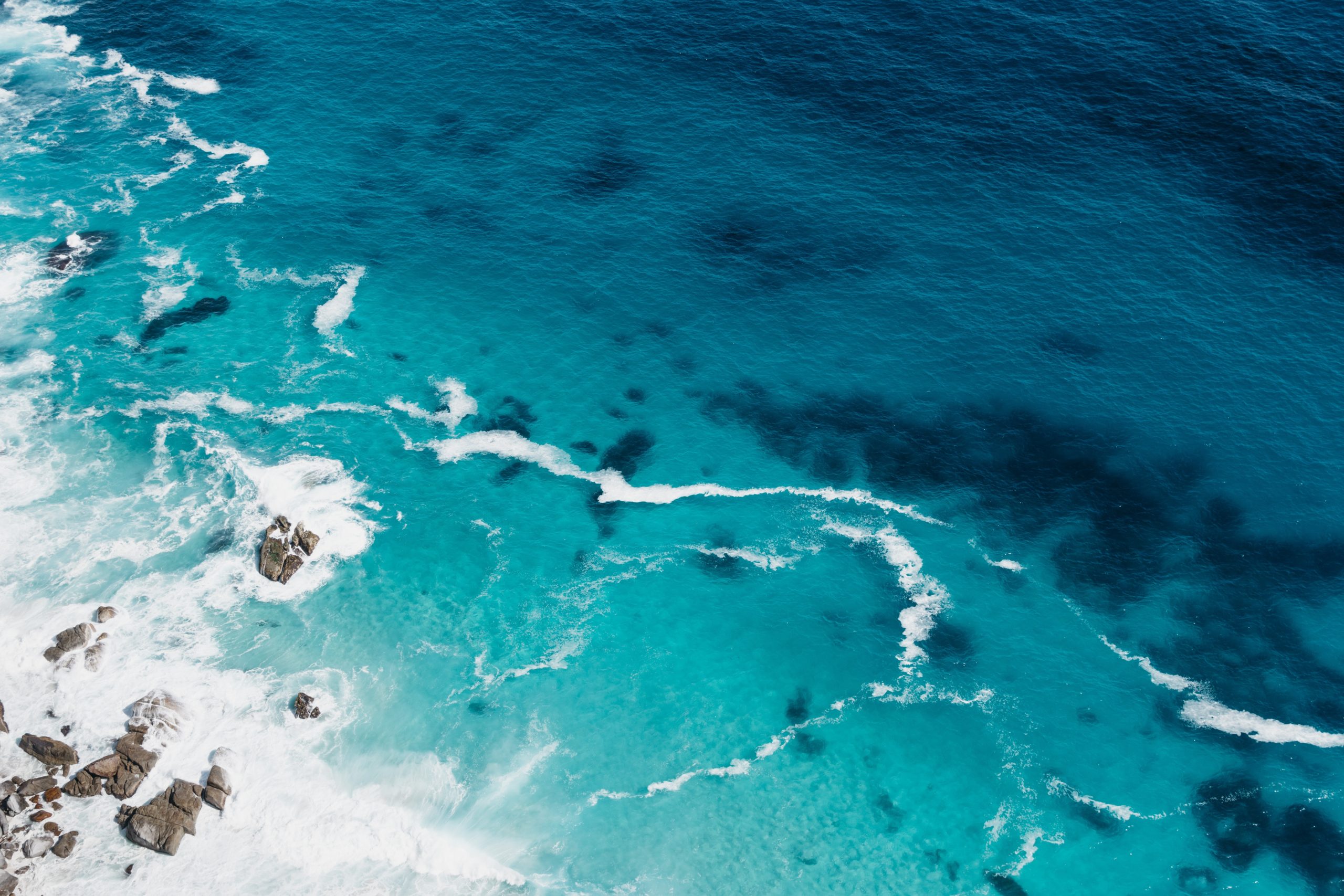
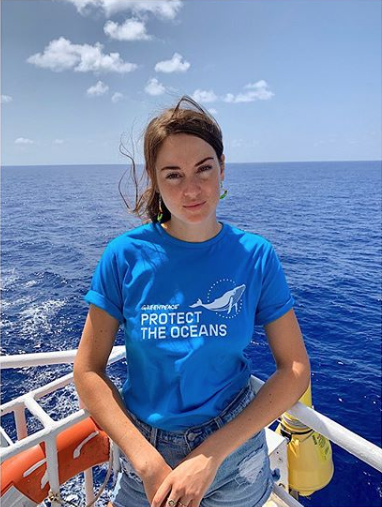
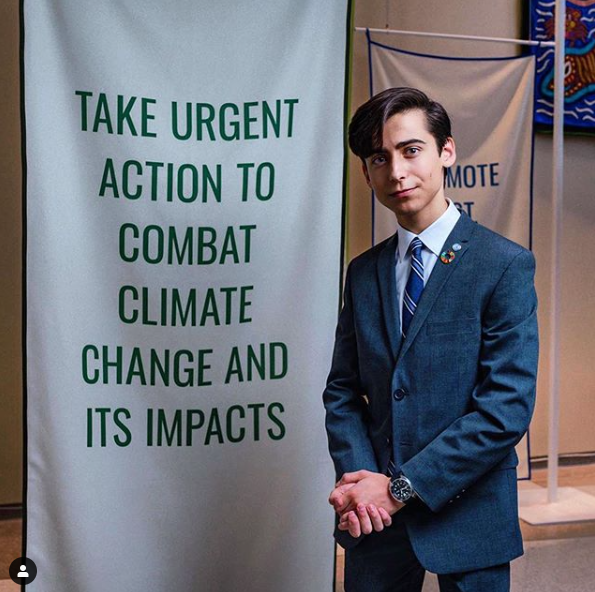

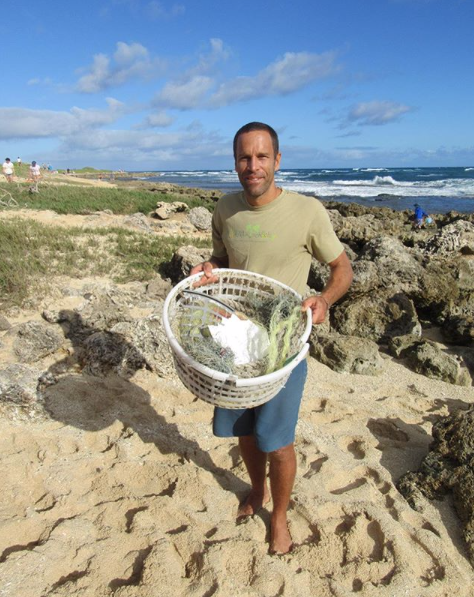
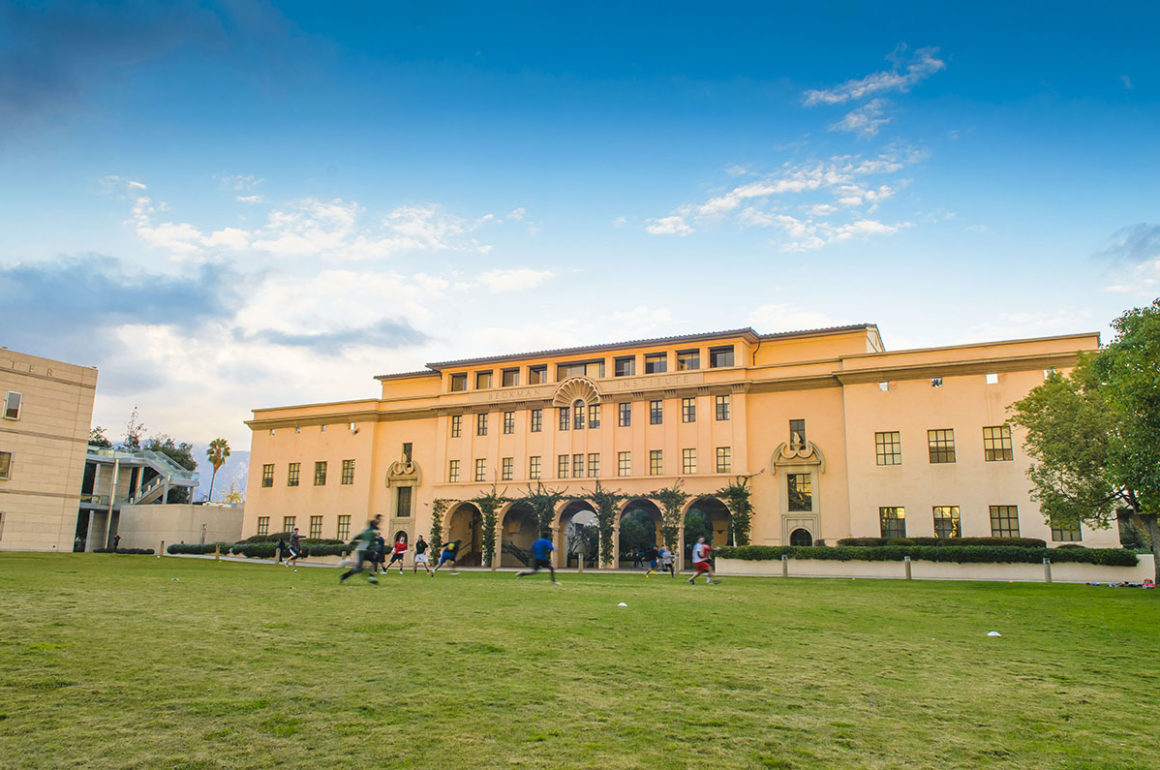
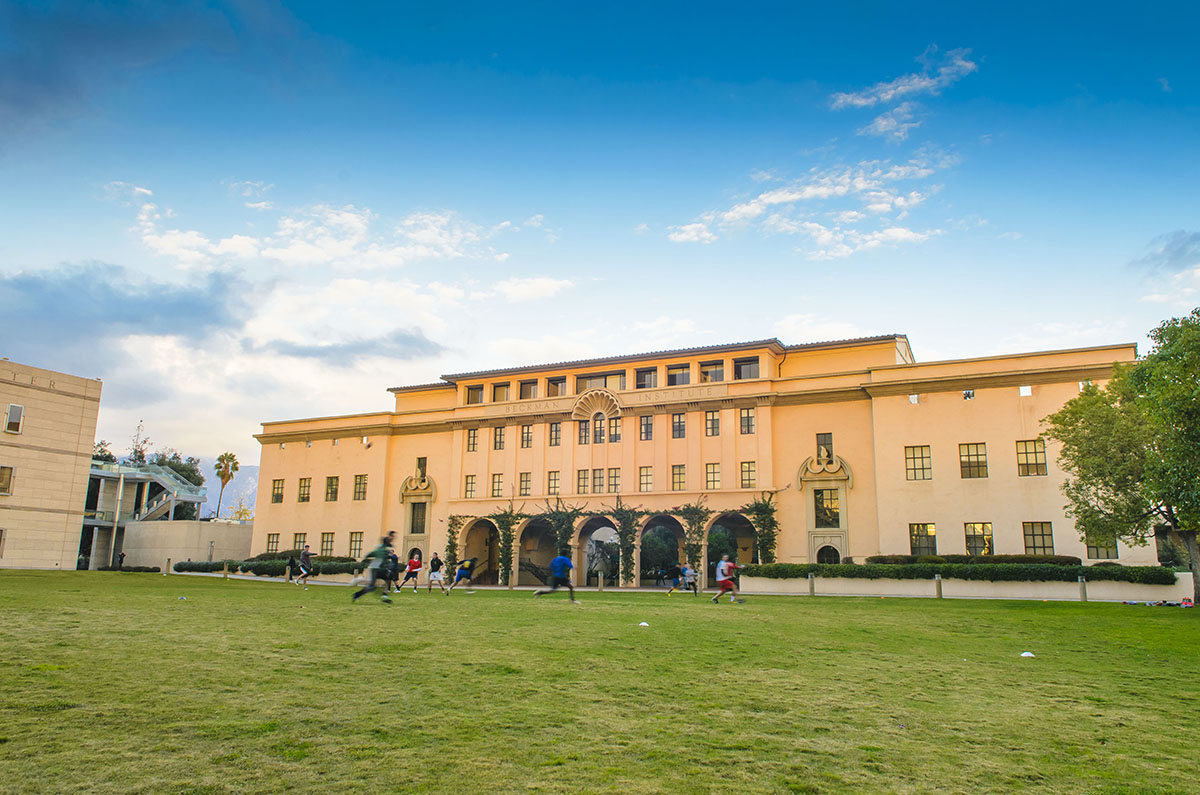
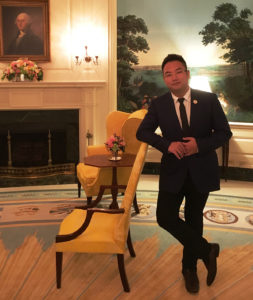
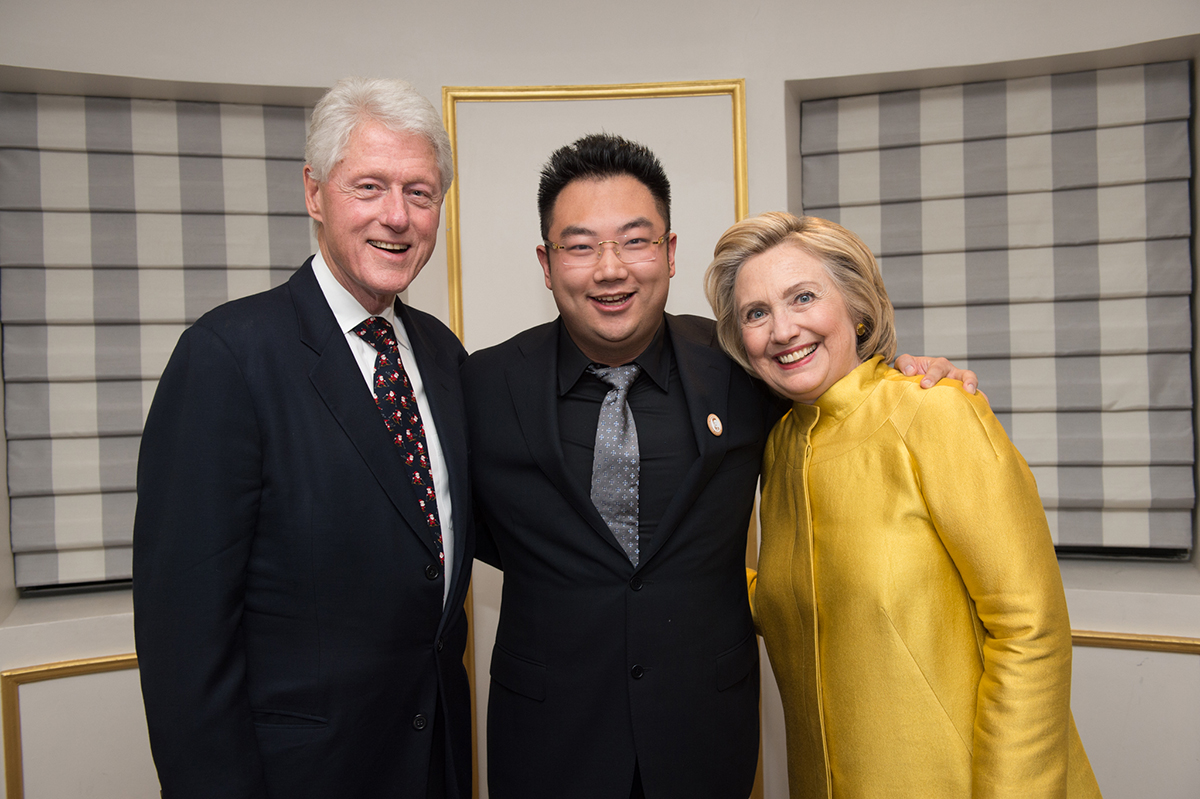
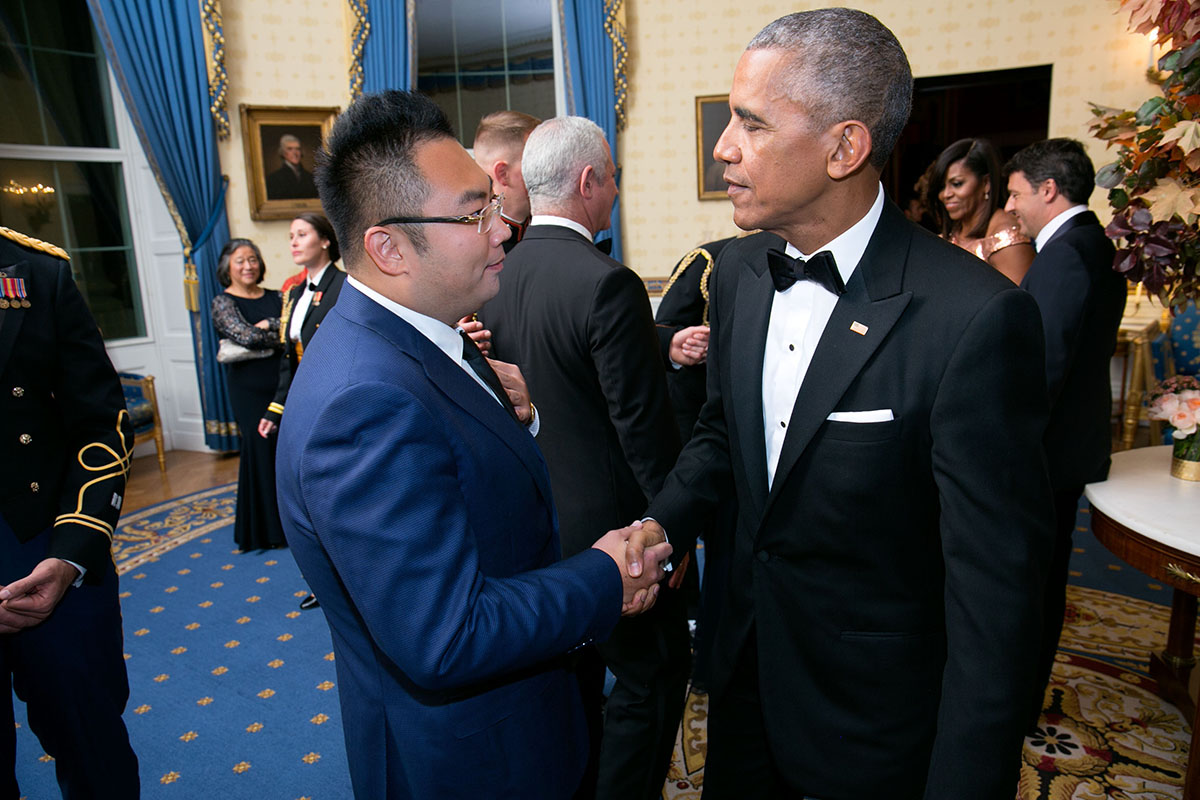
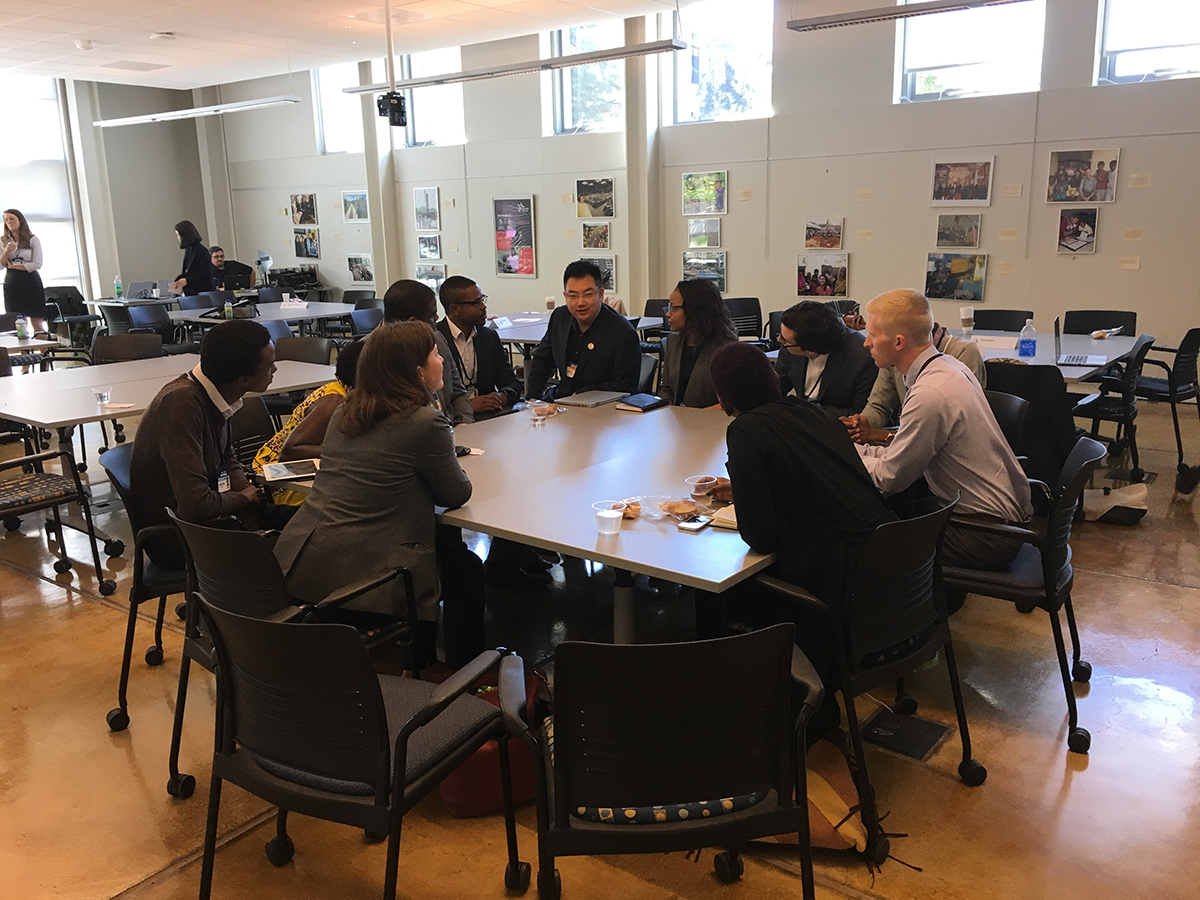
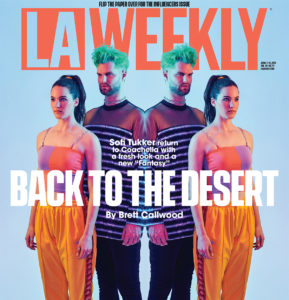 East also meets West in one of Xu’s more unusual leadership techniques – using astrology to recruit the right people. “I like horoscopes because I studied neuroscience, and my favourite part of history is Greek mythology. In the company, I know the horoscope signs for most of my people and I place them according to their strengths. Scorpios are more meticulous, for example, so they are suited to finance work, whereas Leos and Aries are more outspoken – it is easier for them to develop new markets.” What does his own star sign indicate? “I am Libra – that’s why I like balance,” he says.
East also meets West in one of Xu’s more unusual leadership techniques – using astrology to recruit the right people. “I like horoscopes because I studied neuroscience, and my favourite part of history is Greek mythology. In the company, I know the horoscope signs for most of my people and I place them according to their strengths. Scorpios are more meticulous, for example, so they are suited to finance work, whereas Leos and Aries are more outspoken – it is easier for them to develop new markets.” What does his own star sign indicate? “I am Libra – that’s why I like balance,” he says.






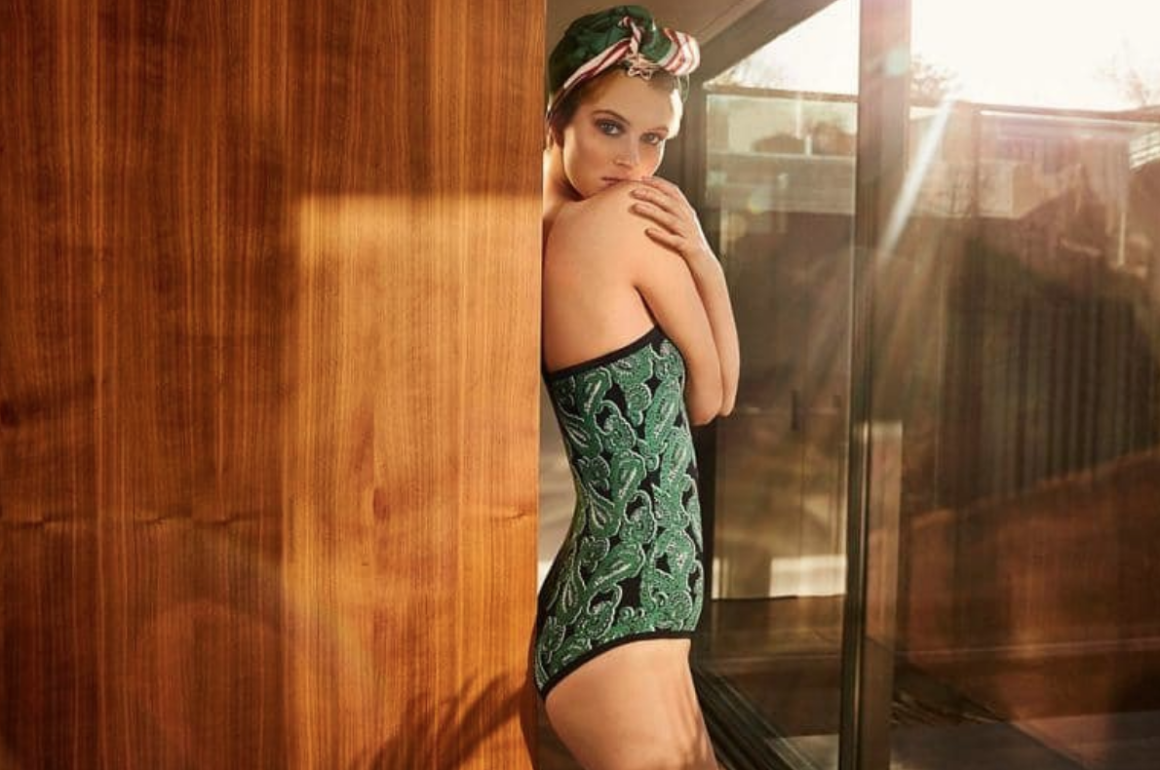

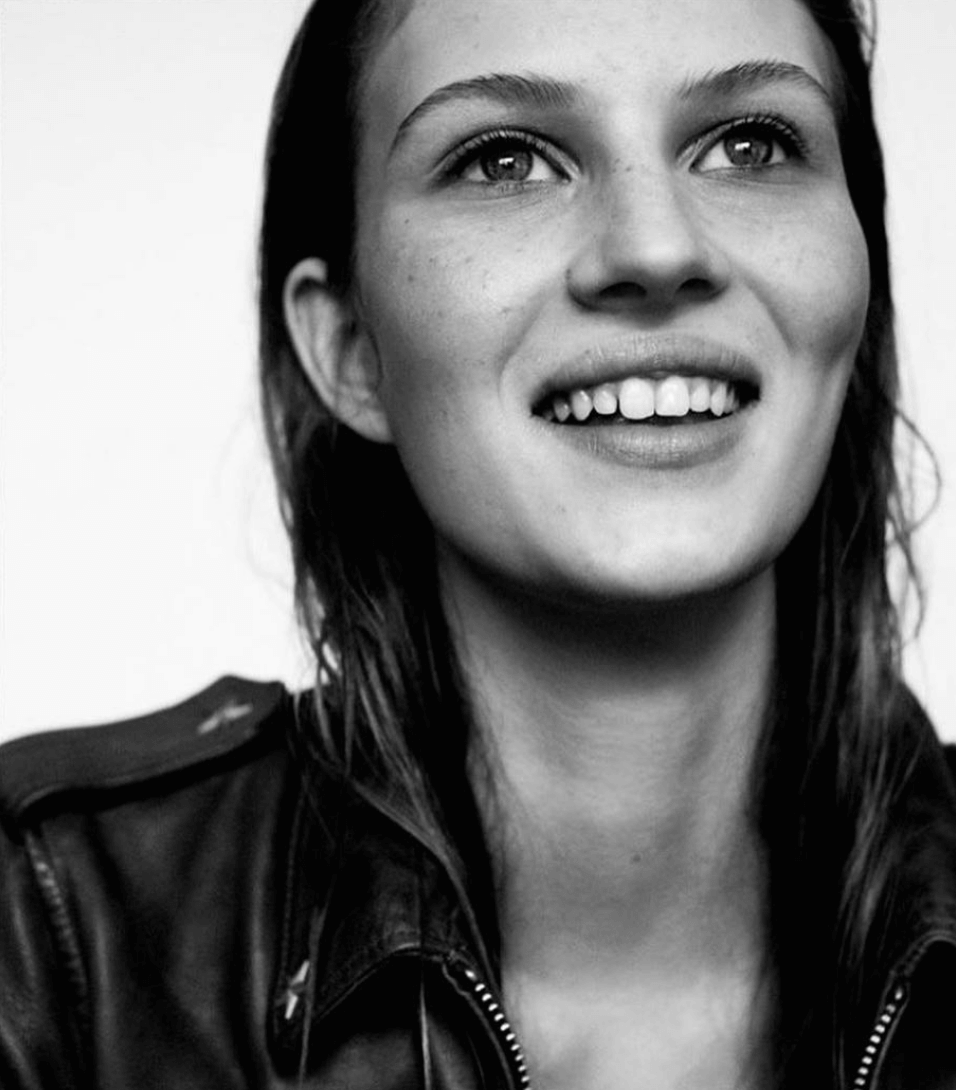
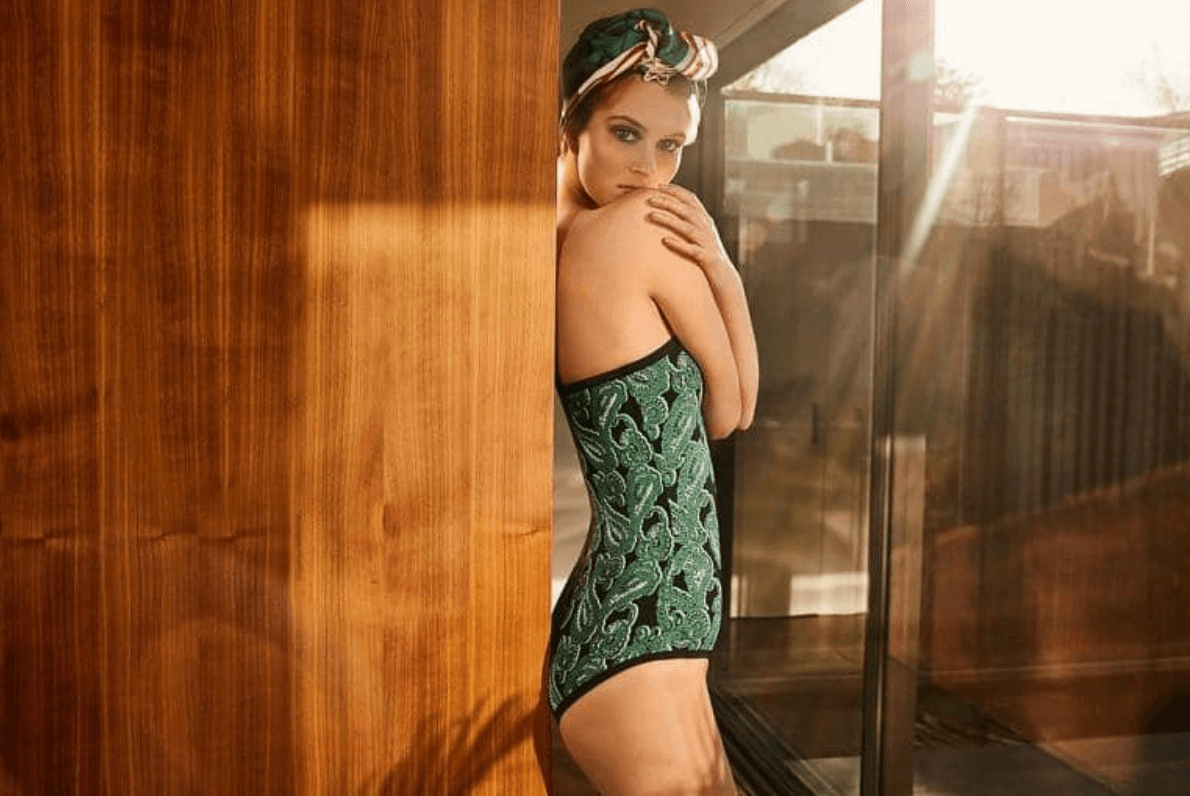
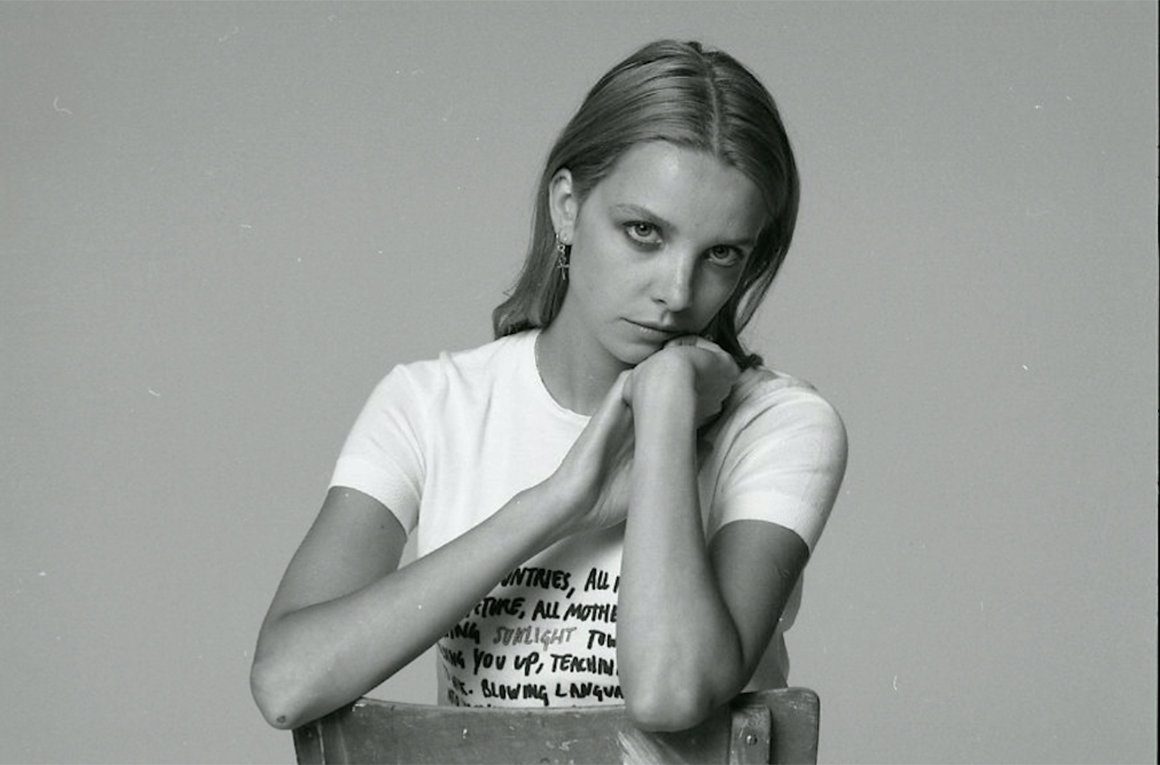
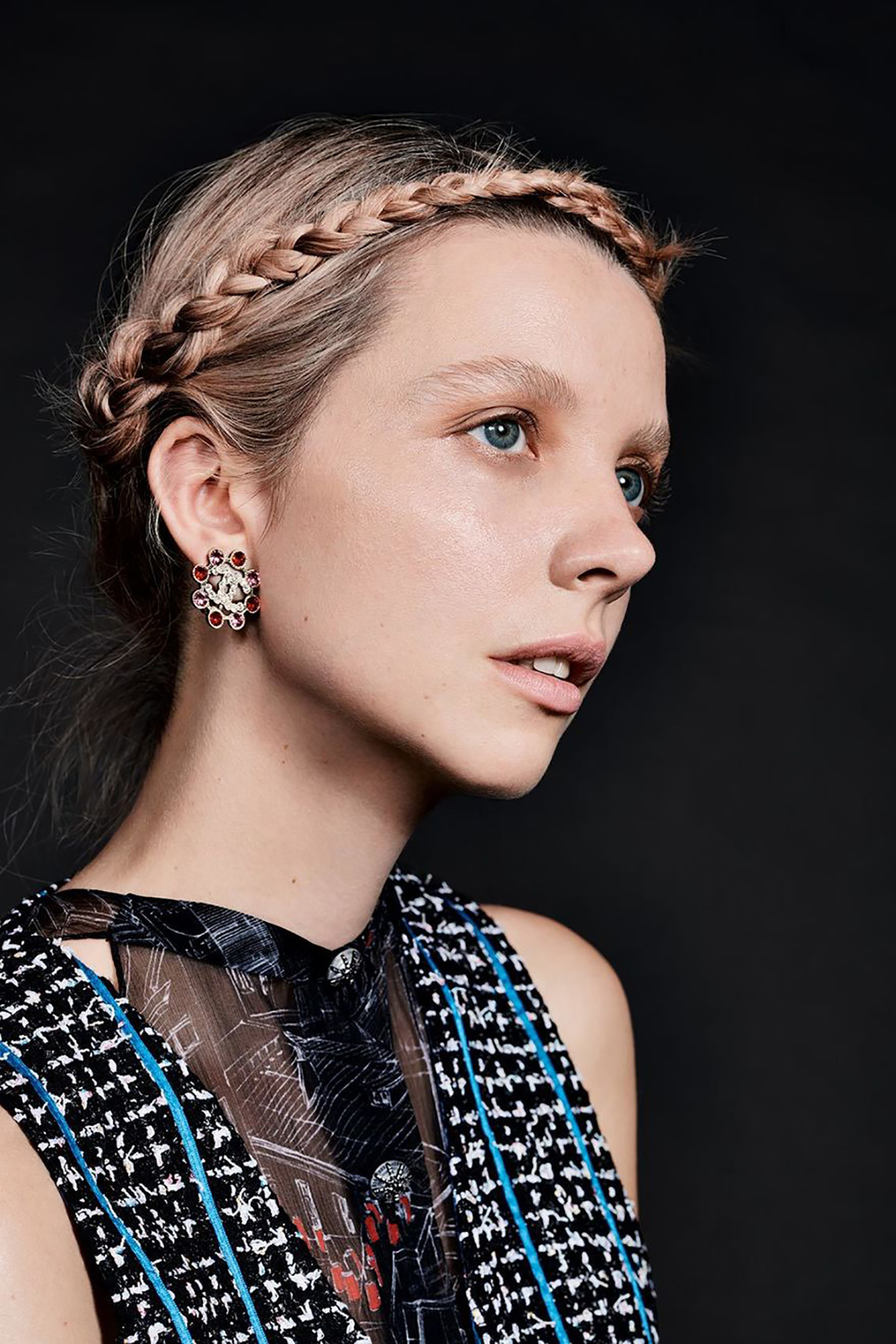
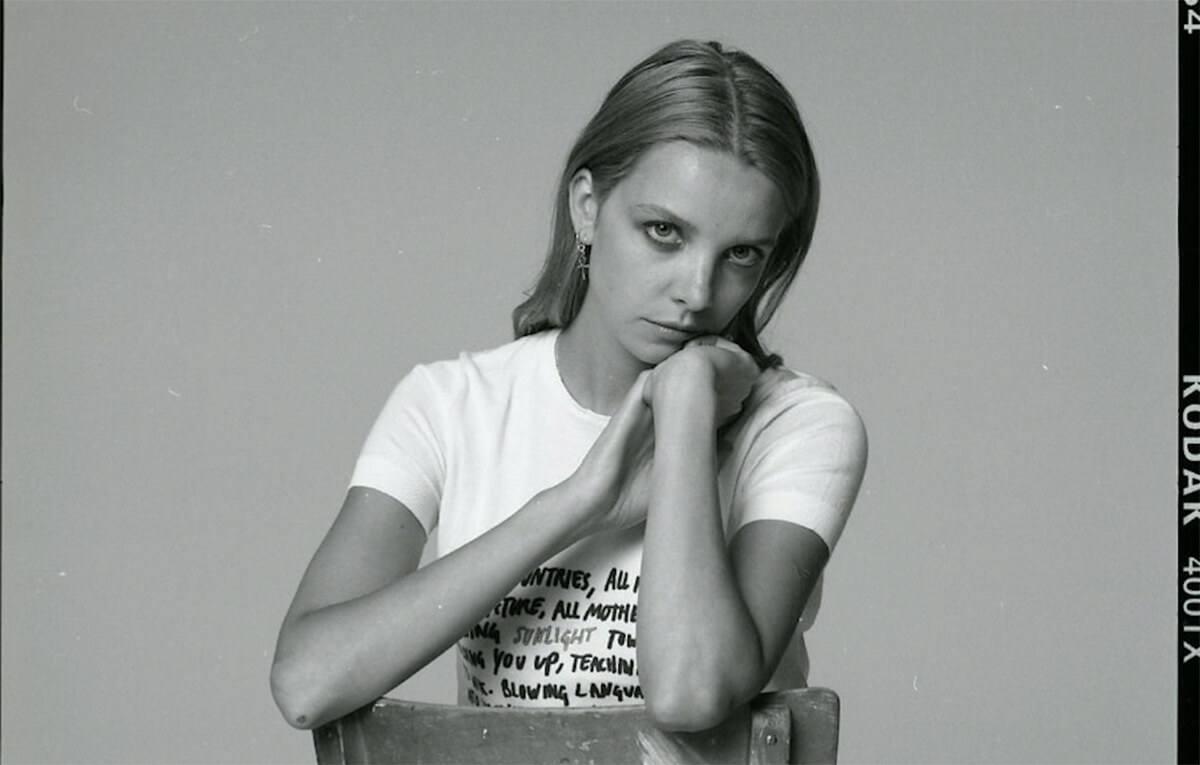





Recent Comments